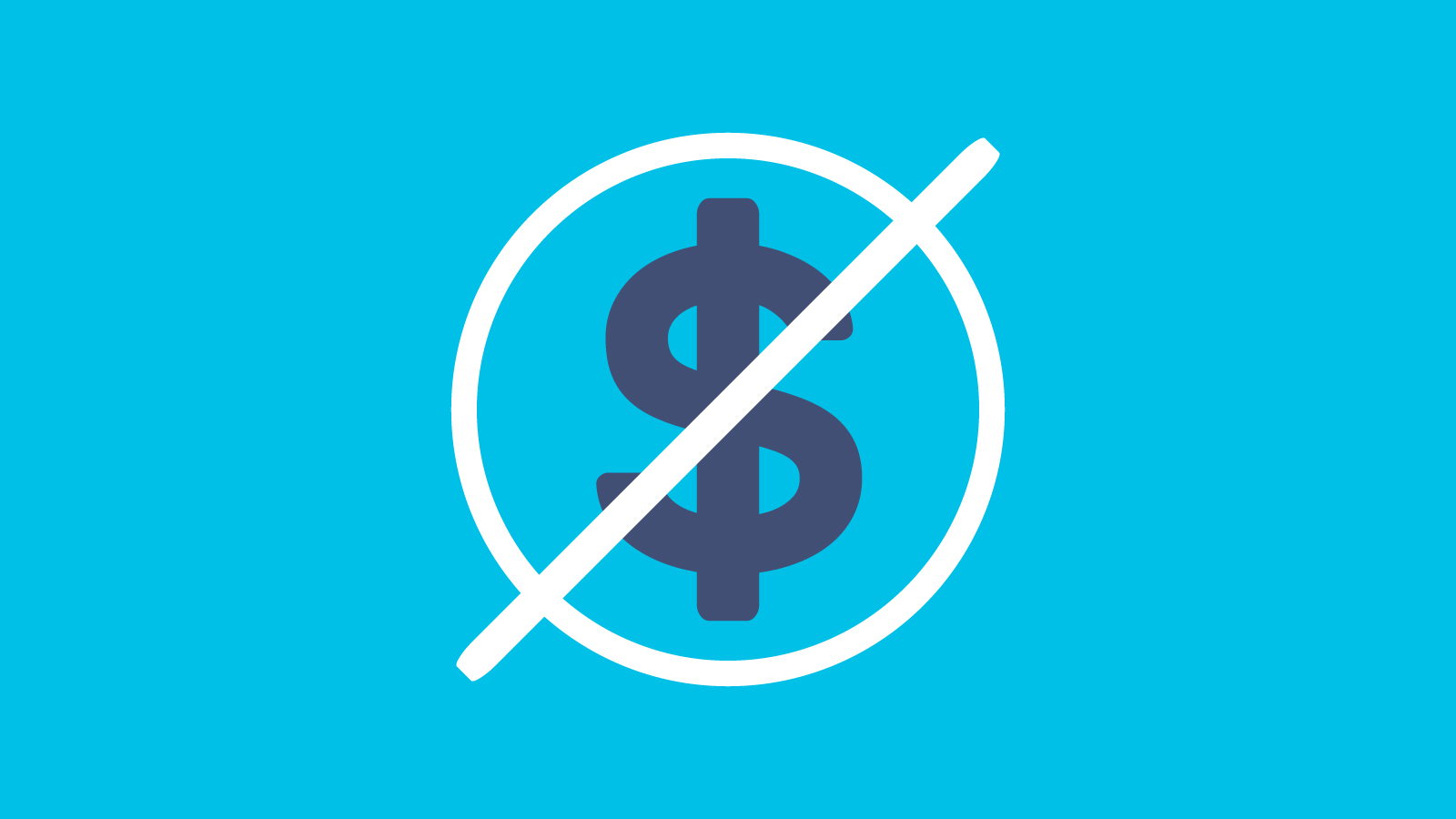Freebies and Opportunities for Science and STEM Teachers, August 5, 2025
By Debra Shapiro

Freebies for Science and STEM Teachers: Elementary
Designing Trellises
How can students design a stable trellis to support climbing pea plants? Designing Trellises, an eight-lesson unit from BCBS Science Learning’s Engineering in the Gardening curriculum for grades 3–5, addresses this question while engaging students in solving an authentic problem; working on a cooperative class endeavor; incorporating their own lived experiences to designs; and developing investigative and sensemaking practices. Through the unit’s lessons, students learn how garden trellises benefit pea plants; study how to grow pea plants successfully; investigate how to create a stable trellis; plan, build, test, and evaluate prototype trellis designs for a school garden; and collectively design 2–3 final class trellises to install in a garden. Unit resources include an online Teacher Guide and slides for each lesson, videos, a Student Design Notebook, and standards information.
Freebies for Science and STEM Teachers: Middle Level
Fairywrens and the Art of Inquiry: How Do Scientists Pick a Question to Study?
Spark students’ scientific thinking by observing cute Australian bird behavior! Fun, interactive videos for grades 6–8 feature real biologists and student inquiry and observation. Students will analyze the scientists' real data to get a window into ongoing research on the evolution of group size in fairywrens. The lesson features three videos.
The Fairywren Challenge: Ask Questions Like a Scientist
How Do Scientists Pick a Research Question?
The Surprising Science of Bird Families—An Evolutionary Biologist's #SciJourney
Freebies for Science and STEM Teachers: High School
Studying Rocks on Mars Using Light
Targeted for grades 9–12, this activity from educators at NASA’s Jet Propulsion Laboratory in California teaches students how robotic rovers on Mars use spectroscopy—the study of light—to analyze the elements that make up rock samples on the Red Planet. In the chemistry-based classroom activity, students use a similar process to perform a spectral analysis on their own rock samples. The lesson plan presents background information for teachers and relevant student handouts alongside details for managing the activity in the classroom, such as discussion points, assessments, and extension ideas.
Opportunity for Elementary
Toshiba America Foundation Grants for Grades K–5
Teachers of grades K–5 may apply for a Toshiba America Foundation grant of not more than $1,000 to introduce an innovative idea for improving science, technology, engineering, and math learning in their classroom. Applications must be for project-based learning, and grants will not be awarded to individual educators. (Deadline October 1)
Opportunity for Elementary Through Adult
Become a NASA Response Mapper
The GLOBE Program (Global Learning and Observations to Benefit the Environment; https://globe.gov) is working with the Disasters Response Coordination System (DRCS) team, part of NASA’s Disasters program, on a new initiative called NASA Response Mappers. This hurricane season, August 1–October 31, people are invited to join GLOBE and submit land cover data. Land cover photos submitted through the GLOBE Observer app before and after a storm can help DRCS disaster response teams track conditions on the ground.
Students, parents, retirees, individuals, local community groups, libraries, and nonprofit partners in the 11 hurricane-prone states—Texas, Louisiana, Mississippi, Alabama, Georgia, Florida, South Carolina, North Carolina, Tennessee, Kentucky, and Virginia—and Puerto Rico and the U.S. Virgin Islands are encouraged to participate, but land cover observations from other locations are welcome as well.
Opportunity for Middle Level Through Adult
Bow Seat’s True Blue Fellowship
The fellowship aims to connect and empower youth worldwide to use the creative arts to address an ocean, waterways, and/or climate change issue in their community. The True Blue Fellowship provides mentorship, capacity building, and funding of up to $2,500 for 10 youth-led projects. Applications are open to students ages 13–24 worldwide—either as individuals or as classes, groups, clubs, or organizations—who have new or emerging projects that are less than two years old (clubs or organizations that are more than two years old may apply so long as the proposed project is less than two years old). Apply by September 1.
Biology Chemistry Citizen Science Climate Change Earth & Space Science Engineering Evolution General Science Inquiry Instructional Materials Interdisciplinary Lesson Plans Life Science News Robotics Science and Engineering Practices Sensemaking STEM Teaching Strategies Elementary Middle School High School Postsecondary


